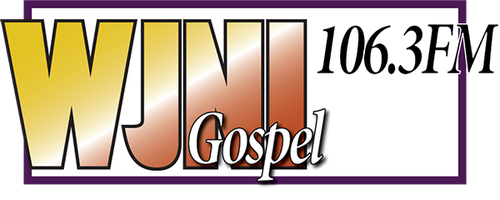Charleston Water System notifies thousands of customers about potential lead in waterlines
CHARLESTON, S.C. (WCBD)–On Monday, Charleston Water System began sending letters notifying residents that a water service line supplying water to their homes is made at least partially of lead, posing potential health threats. It comes after the Environmental Protection Agency (EPA) updated guidelines for water systems.
“A month ago, the EPA came out with a brand-new lead procedure that requires us to notify everyone with a service line made of lead or suspected to be lead or other vital materials to be notified by letter. That’ll be an annual letter that people will get in perpetuity until we replace their service line,” said Mike Saia, The public information administrator for the Charleston Water System.
According to the Environmental Protection Agency, the maximum allowable lead content is a weighted average of 0.25 percent, calculated across the wetted surfaces of pipes, pipe fittings, plumbing fittings, and fixtures. News 2 was there when officials tested the water at an impacted home. The results won’t be in for a few weeks, but one resident told us she’s unsettled by the thought of her water being contaminated.
“I use tap water to cook, brush my teeth, and shower daily. You know everything I do has water in it. We use a filter for drinking water in the fridge, but everything else is through the sink, so I never thought, “Oh, our shower head has lead in it like this isn’t good,” said Macy Scarborough, A Charleston resident.
Officials with the Charleston Water System remind residents that even if a pipe supplying water to your home is made of lead, other steps like filters and water treatments are being taken to ensure your water is safe.
“You fill the bottle to the top and don’t allow any to spill. It would help if you did this using cold water. You never want to use the hot that is clear in the instructions. You must use the water bottles provided by the Charleston water system. You cannot fill up a jar from your home or anything else,” said Saia.
Officials said the testing kits are available and free of charge, and you can pick them up today at the Charleston Water System Building.


